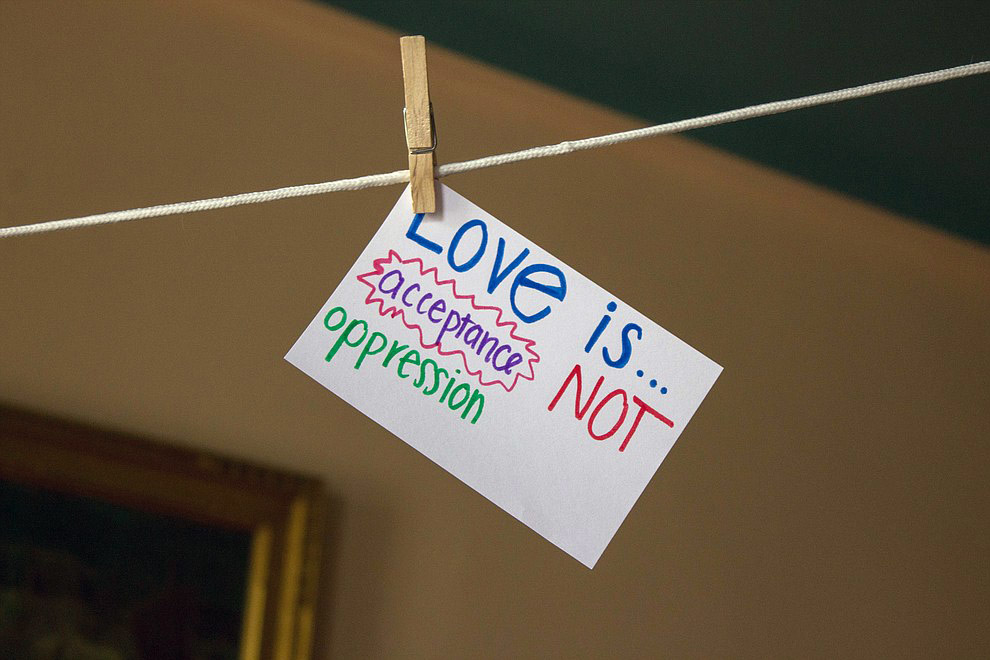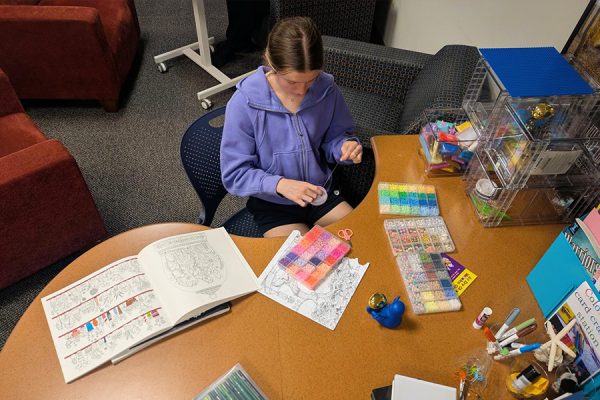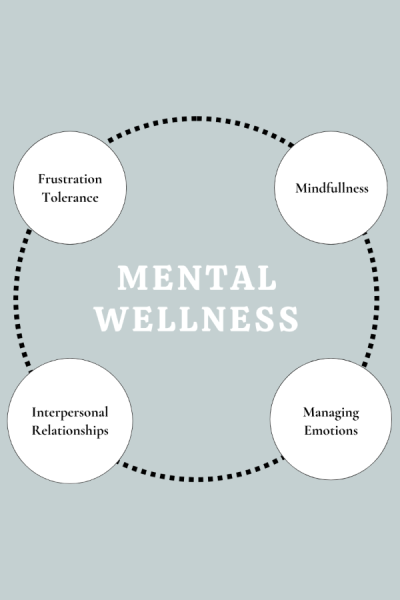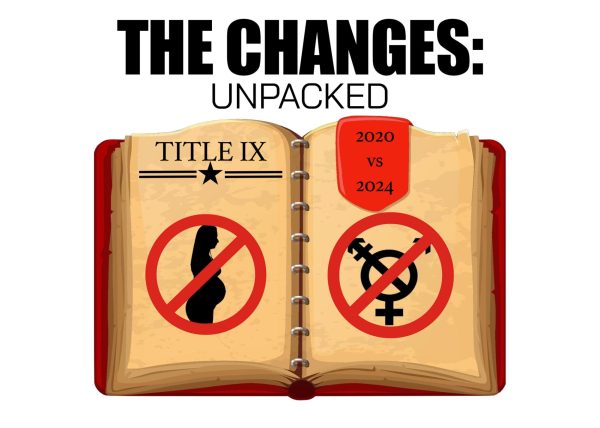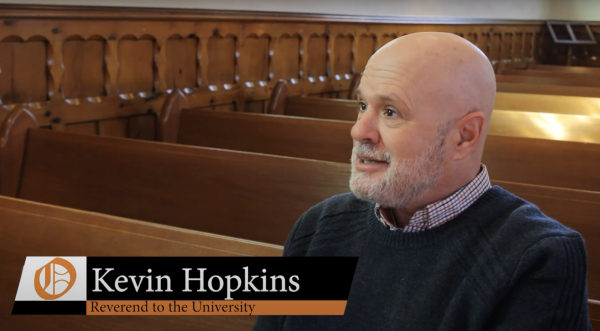SAC event to highlight forms of oppression
Student Activities Council will host the Tunnel of Oppression from 10 a.m. to 5 p.m. on Feb. 28, in the Holt-Russell Gallery. The event will include three new scenes highlighting forms of oppression.
Director of Student Life Randy Flowers said the Tunnel of Oppression is an “immersive experience of different scenes where participants experience first-hand different forms of oppression.”
Those who participate will experience multiple different forms of oppression including ability, class, body image, racism and relationship violence.
Sophomore Emily Riggs is in charge of this year’s event.
“My favorite thing about it is how inclusive it is and how many different groups it portrays and showcases,” Riggs said.
Although this event occurs each year, the scenes differ. This year’s event will have three brand new scenes.
Sophomore Kristen Shaw went through the experience her freshman year. Although she said that she found it to be depressing, she also went through the experience more aware of situations that she had not thought of previously.
“The lasting impact for me was to look out for people and recognize that you don’t know other people’s stories,” Shaw said. “Everything can happen, even on Baker’s small campus.”
Students who attend Baker for all four years of their undergraduate degree will have the experience of going through the Tunnel of Oppression, as it is a requirement for all Salon classes.
Riggs agrees with this requirement due to the educational experience that it provides.
“I think it’s important to Baker students because it is one of the more serious educational events that the university sees every year,” Riggs said. “It touches so many groups and has a broad impact on what the students learn and gain from it.”
Given current political issues, the Tunnel of Oppression could further educate the students on issues that news media highlight on a daily basis.
“We see everything that is going on around us today like the immigration ban, racism, even the homophobia that is happening around us,” Flowers said. “We see this blatantly in the media every day.”
These issues make the Tunnel of Oppression even more important for students, according to Flowers, who said it will “make people understand what is going on and conceptualize it from a different point of view.”
While it may seem easy to have empathy for groups of people who experience oppression, organizers for the Tunnel of Oppression hope it immerses students into those experiences to make them real and visual.
“It [Tunnel of Oppression] needs to be done and someone has to do it,” Flowers said. “I take it upon myself to make sure that this happens and that it’s a quality program because it is a learning experience that everyone should go through.”



